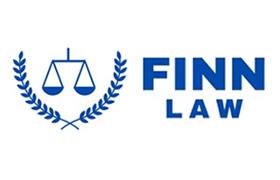Knox White Collar Crime Lawyer, New York
Sponsored Law Firm
-
 x
x

Click For More Info:
-
Finn Law Offices
12 Sheridan Ave. Albany, NY 12207» view mapAccident & Injury and Criminal Defense Action-Oriented Legal Advocacy
At Finn Law Offices, our attorney relies upon his experience and dedication to protect your rights in a personal injury, employment law, criminal defense or civil rights case.
800-872-6030
R. Scott Thomson
Litigation, Workers' Compensation, White Collar Crime, Disability
Status: In Good Standing
James E. Tyner
Traffic, White Collar Crime, Felony, DUI-DWI, Criminal
Status: In Good Standing Licensed: 22 Years
Thomas Angelo Capezza
Private Schools, Science, Technology & Internet, White Collar Crime, Criminal
Status: In Good Standing Licensed: 31 Years
Robert James Callahan
White Collar Crime, DUI-DWI, Criminal
Status: In Good Standing Licensed: 47 Years
Tina Sciocchetti
Private Schools, White Collar Crime, Criminal
Status: In Good Standing Licensed: 31 Years
 Ryan M. Finn Albany, NY
Ryan M. Finn Albany, NY AboutFinn Law Offices
AboutFinn Law Offices
